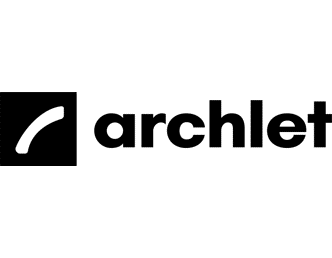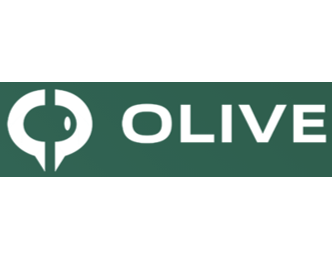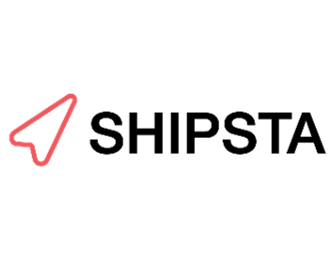123Fab #44
1 topic, 2 key figures, 3 startups to draw inspiration from

The growth of Software-as-a-Service (SaaS) and big data has changed customer-supplier relationships, with clients now able to browse for a product and compare suppliers (reliability, delivery schedule, product quality, etc.) at the click of a button. Yet, as much as sourcing and procurement for individuals have changed in recent years, this is not the case for the B2B sector, where changing or adding a supplier often implies a huge amount of paperwork and certifications.
As innovation becomes a central subject for most corporations and partnerships with startups become commonplace, there is a growing need for flexible and agile procurement processes to ease and foster these partnerships. Indeed, traditional corporate procurement methods are often a barrier to such partnerships, as evidenced by the endless and complex compliance documents required from startups, where the administrative department is often non-existent. In addition, corporate payment terms are often prohibitive for startups with a high cash turnover. Thus, some startups are seeking to address the need for flexible, agile, and easy-to-use sourcing platforms by offering a new vision of these processes.
Archlet, for instance, has developed a platform to improve the quality of strategic sourcing, rather than having information scattered upon emails and excels sheet. The platform provides an overview of the suppliers with a ranking, a price heatmap, and a negotiation recommendation. This tool helps corporations access a wider range of suppliers as the process is shorter and easier, but also increases savings as suppliers compete. Vizibl has also developed a platform to centralize information and supplier operations but focuses on collaborating with them to help improve the sustainability of their value chain, develop joint IP and improve productivity, leading to a 5-10% reduction in the cost of goods sold.
As digital transformation is a turning point for every company and the complexity of solutions is growing, some startups offer sourcing and procurement software. Olive offers a software selection platform to help businesses accelerate their digital transformation. The platform features surveys to assess the needs and key characteristics needed by the company and organizes the project requirements before sending them to relevant vendors. Their responses are then rated based on their fit with the requirements. Sastrify centralizes the procurement of SaaS for companies, their solution allows corporations to centralize an overview of their SaaS tools and helps them benchmark solutions, as well as negotiate their offers with providers.
In addition to general procurement solutions, which are dedicated to streamlining the process and measuring performance indicators, we are also seeing the emergence of solutions dedicated to certain procurement segments such as shipping. Shipsta focuses on logistics procurement solutions and shortlists transporters for all transportation modes based on your needs and the carriers’ ratings. Buyco, on the other hand, targets ocean carriers and provides a platform to compare carriers and book vessels, as well as track individual cargoes and manage the estimated time of arrival of each vessel.
Some corporations are already clients of these startups: Eramet, Saint-Gobain, and Andros are using Buyco and mining giant Rio Tinto called on Vizibl to optimize their road management processes. Nevertheless, procurement remains a difficult sector to change, as the processes and habits result of decades of use, and the degree of risk, legal compliance, cost of a contract are defined at this stage. However, there are signals that point towards the automatization of the most time-consuming procurement tasks in the coming years.
2 Key Figures
132 Procurement software startups
registered by Crunchbase
Procurement software market expected to reach $11.7 Bn by 2027
The procurement software market was estimated at $6.6 Bn in 2020 and is expected to reach $11.7 Bn by 2027, at a CAGR of 8.6%
3 startups to draw inspiration from
This week, we identified three startups that we can draw inspiration from: Archlet, Olive, and Shipsta

Archlet
Founded in 2018 in Switzerland, Archlet developed an intelligent sourcing platform designed to make data sourcing processes efficient and effective. The company’s platform leverages its existing data and uses guiding and intelligent software products, enabling customers to harvest the needed data to support their decision-making and negotiation process.

Olive
Olive is a Canadian startup that developed a vendor selection software designed for teams to collaborate on and streamline digital transformation. The company’s platform replaces traditional manual evaluation processes with spreadsheets, meetings, word docs and puts it all in one platform while letting vendors promote their products and buyers evaluate their options, helping companies shorten the enterprise software buying process.

Shipsta
Based in Luxembourg, Shipsta provides logistics procurement services intended to create integrated rate management and procurement application. The company’s services optimize procurement and tendering processes, and digitally link shipping agents with freight, enabling companies to efficiently automates logistics procurement processes for spot buying and contract buying.
